STEM/STEAM: Science, Technology, Engineering, Math and the Arts
Here you'll find articles and resources for STEM+Arts education, also known as STEAM. Topics include science, technology, engineering, math and arts education and range from research reports to feature articles to profiles of makerspaces to news about new STEAM and STEAM initiatives in schools.
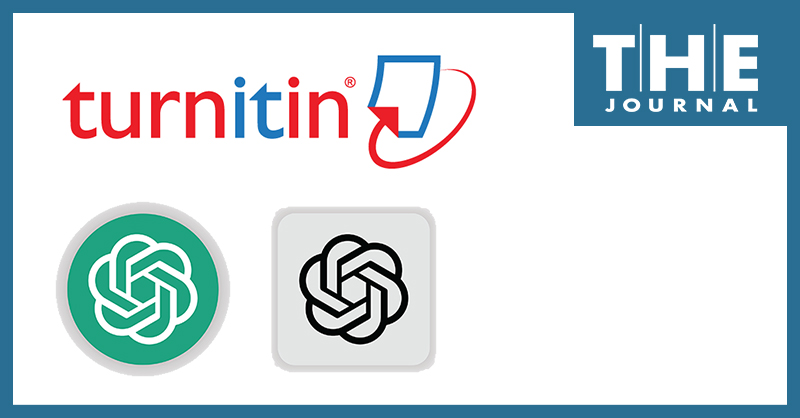
Starting today, plagiarism detection software Turnitin includes new live AI-writing detection features that “identify the use of AI writing tools including ChatGPT, with 98% confidence,” the company said.
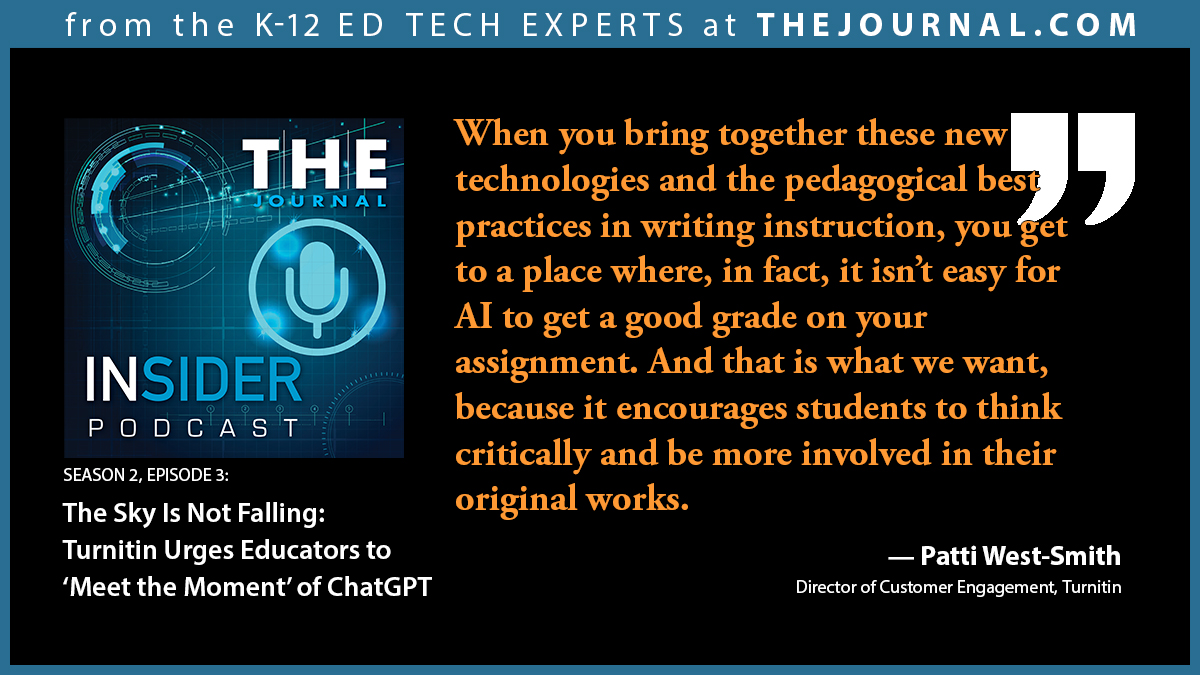
Two former classroom teachers who have been working on Turnitin’s AI writing detection tool and related features to help educators better understand ChatGPT — and show them teachers how to use AI to save themselves time and how to tweak assignments so that ChatGPT cannot earn a good grade on writing homework — both believe that ChatGPT has presented a growth opportunity — or perhaps more of a growth demand — for writing instruction, which they explained in the March episode of THE Journal Insider podcast.

Two former classroom teachers who have been working on Turnitin’s AI writing detection tool and related features to help educators better understand ChatGPT — and show them teachers how to use AI to save themselves time and how to tweak assignments so that ChatGPT cannot earn a good grade on writing homework — both believe that ChatGPT has presented a growth opportunity — or perhaps more of a growth demand — for writing instruction, which they explained in a podcast interview with THE Journal recently.
New findings released today indicate a shortage of STEM faculty in high schools and middle schools.
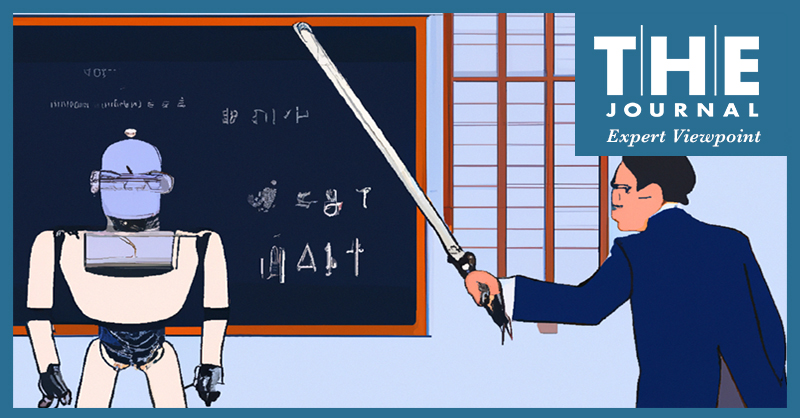
A technology educator shares how her nonprofit is using ChatGPT to help students participating in Technovation programs go further in their brainstorming and ideation as they aim to develop AI-based solutions to real-world problems. Here’s a concrete example from our program: Students in one group were interested in developing technology-based solutions to food wastage and conservation, encouraging more students to read, exercise, and be more inclusive.
Electronic sports, better known as esports, is a massive industry. As of 2022, 532 million people watched video gaming events worldwide.
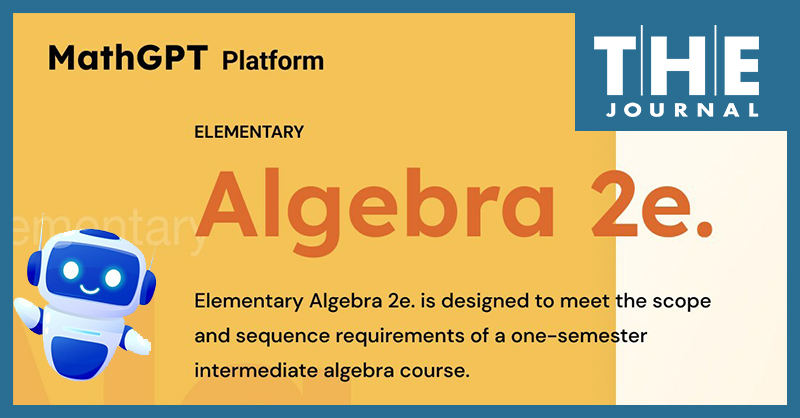
Expanded multi-modal MathGPT Platform possibilities mean any math content or curriculum can be turned into a personalized GPT-powered chatbot with interactive text, audio, and video learning, and GotIt can configure the MathGPT Platform to work with a wide variety of applications in math education, the company said.
The Toshiba America Foundation is offering grants for projects the use project-based learning to teach STEM.
A review of data from more than 225,000 female middle and high school students has revealed a major gap between the aptitude of girls for STEM and their interest in pursuing STEM careers. It also found their interest exceeds aptitude in some non-STEM disciplines.
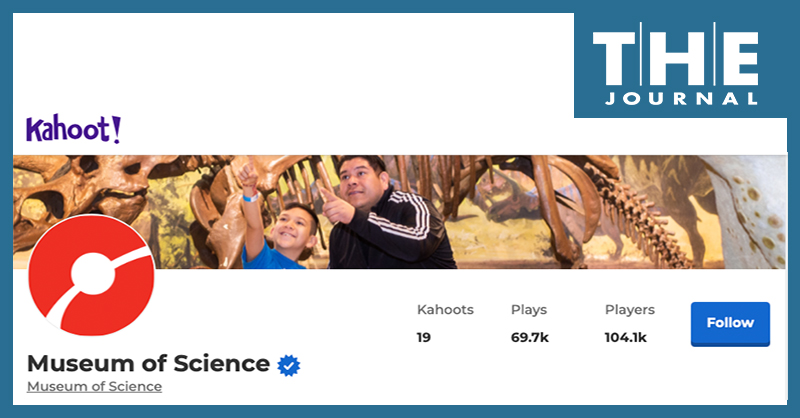
Museum of Science Boston's new STEM instructional content for grades 1–8 now available on Kahoot is the culmination of the museum’s "MOS at School" initiative, which brings together museum expertise, educators, and EiE, the museum's curriculum division.